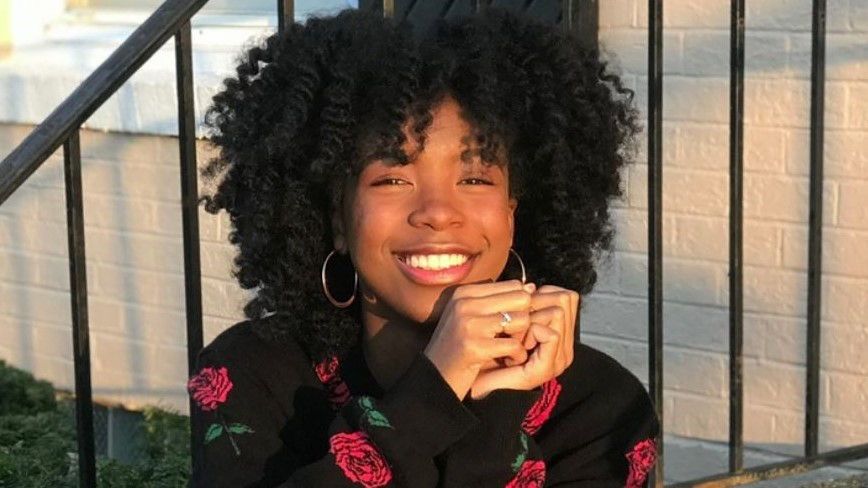At just 16, Olivia Clarke a student of Columbus School for Girls has become an authoritative voice in her community. She’s on a quest to create a more accepting, understanding and appreciative world.
As a black girl in a predominantly white institution, she began writing about her experiences, along the line it broadened.
Olivia Clarke created and edited the Amazon Bestseller anthology – Black Girl, White School: Thriving, Surviving, and No, You Can’t Touch My Hair.
Clarke who at her Sophomore year attended diversity conferences, on how it all started says:
“I started this right before COVID hit. So, everything was really chaotic at the time. I wanted to help them in the way I wasn’t necessarily helped. One of the things difficult is when you’re a minority at a PWI [predominantly white institution] is there isn’t many of you, so you do feel alone,” said Clarke.
Clarke started to express herself on paper and she also reached out to peers and former students to share their stories. She titled the book “Black Girl White School: Surviving and Thriving and No, You Can’t Touch my Hair.” and hoped the text would provide support and guidance for young Black women. She also hopes institutions, administrators and educators read the book to ignite a broader conversation, blackness.com reports.
“It’s an important conversation to have and people may be more receptive to it right now,” said Clarke. “Also think what are the repercussions of systemic racism and discrimination in schools and how that affects black and brown students.”
“I want to raise up Black voices, especially Black female voices that aren’t necessarily heard because we’re young. I wanted Black girls and women to know they are not alone and that others have similar experiences. I also wanted them to be inspired and empowered by both the book and the accompanying journal,” creator, editor, and diversity and inclusion activist Olivia V.G. Clarke said. “This book is also an opportunity for parents, school administrators, and educators to understand experiences of Black girls in white schools and use that knowledge to make anti-racism a focus, not just in words but action.”



